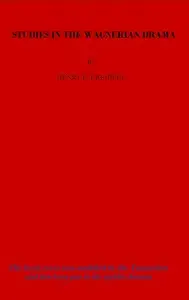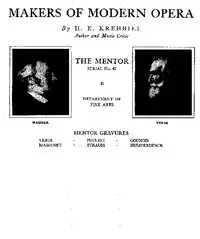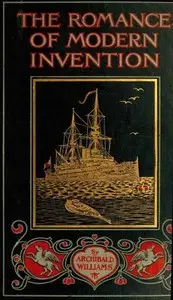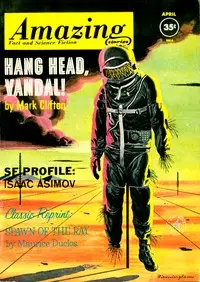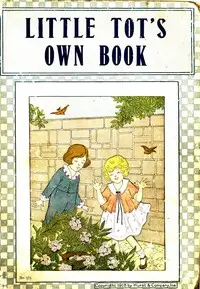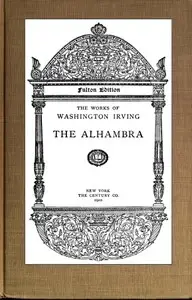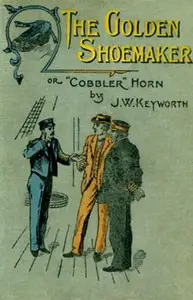"Chapters of Opera" by Henry Edward Krehbiel is a historical and critical account written in the early 20th century. This work provides an extensive examination of the development of the lyric drama in New York, particularly focusing on the city's operatic history from its first Italian performances in the early 19th century to the momentous events occurring around 1908. Krehbiel shares his personal experiences as a long-time musical critic for The New York Tribune, providing insights into the various artistic and management dynamics that have shaped opera in New York. At the start of the narrative, Krehbiel sets the scene by reflecting on the origins of Italian opera in New York, recounting the challenges and triumphs of early productions, including the debut of Rossini's "Il Barbiere di Siviglia" in 1825. He includes anecdotes about key figures such as Manuel Garcia and Lorenzo da Ponte, as well as detailing the transformations in audience tastes and opera management through accounts of early opera houses and their struggles for acceptance. This opening portion lays a solid foundation for a deeper exploration into the intricacies of operatic life in the city, illustrating the rich cultural tapestry that defines New York's operatic legacy. (This is an automatically generated summary.)

Chapters of Opera Being historical and critical observations and records concerning the lyric drama in New York from its earliest days down to the present time
By Henry Edward Krehbiel
"Chapters of Opera" by Henry Edward Krehbiel is a historical and critical account written in the early 20th century. This work provides an extensive e...
Henry Edward Krehbiel was an American music critic and musicologist who was the chief music critic of The New York Tribune for more than forty years. Along with his contemporaries Richard Aldrich, Henry Theophilus Finck, W.J. Henderson and James Huneker, Krehbiel is considered part of the 'Old Guard', a group of leading New York–based music critics who first established a uniquely American school of criticism. A critic with a strong bend towards empiricism, he frequently sought out first hand experiences, accounts and primary sources when writing; drawing his own conclusions rather than looking to what other writers had already written. A meliorist, Krehbiel believed that the role of criticism was largely to support music that uplifted the human spirit and intellect, and that criticism should serve not only as a means of taste making but also as a mode to educate the public. His book How to Listen to Music was widely used as an instructional guide by the music consuming public in the United States during the last years of the 19th century and first several decades of the 20th century.


